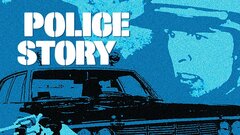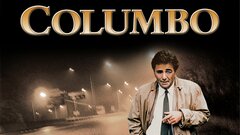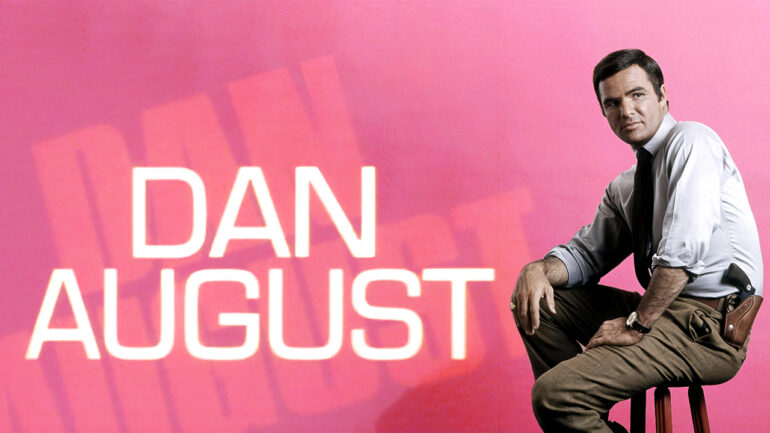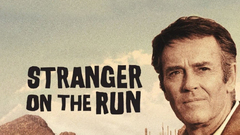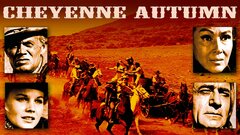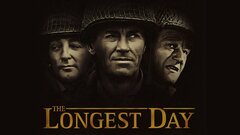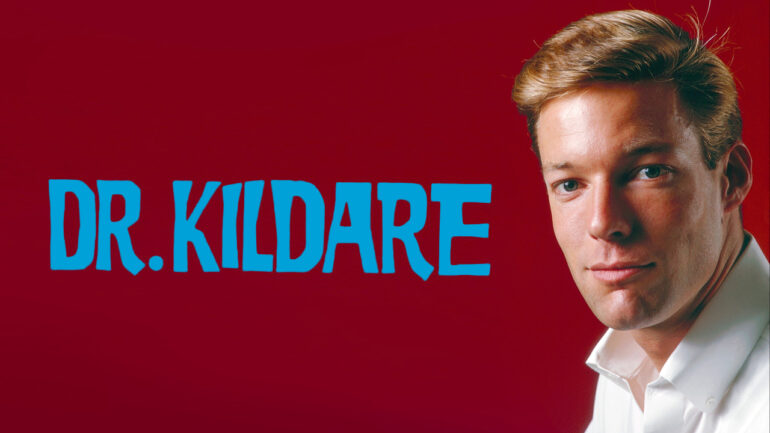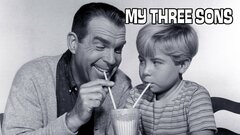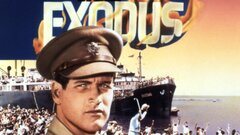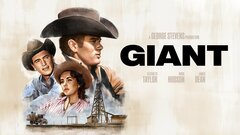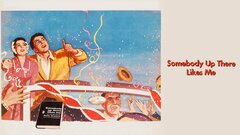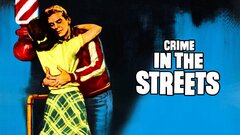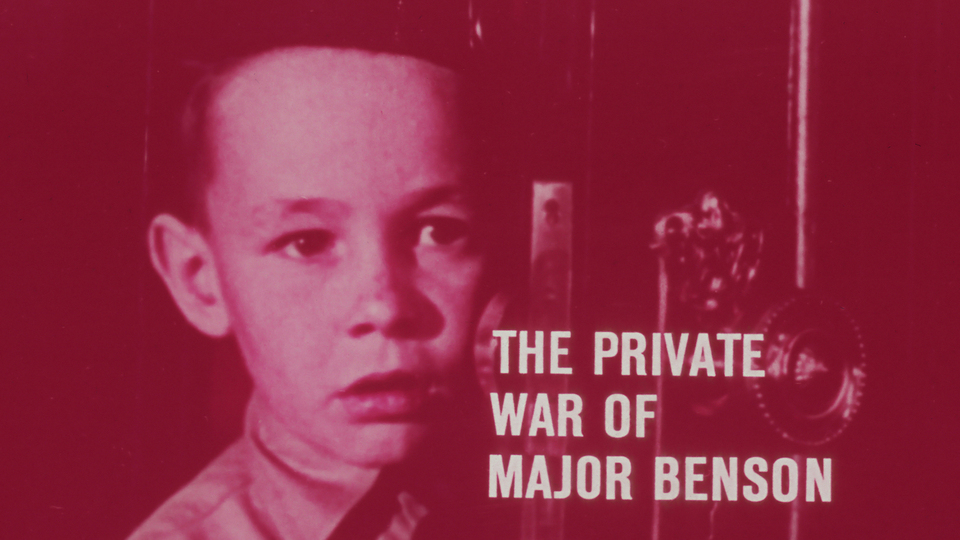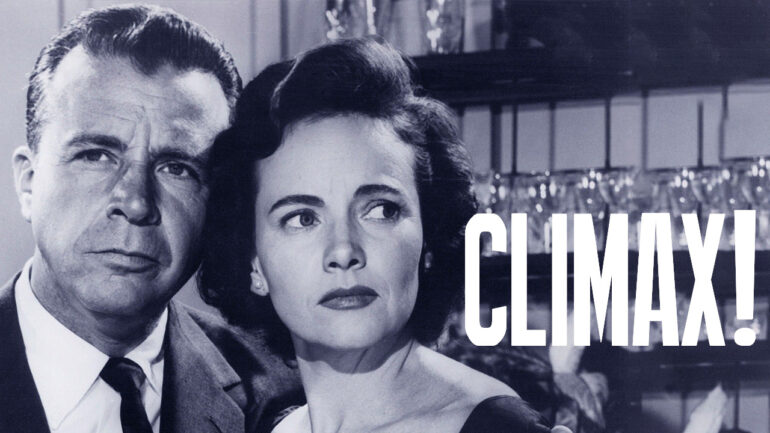After starting his career in a three-year stint in the Broadway musical "The King and I," actor Sal Mineo was propelled into teen idol stardom thanks to his portrayal of the damaged, love-starved best friend of James Dean in "Rebel Without a Cause" (1955). The role turned the young Mineo into a major star and helped make a career for the actor playing troubled, violence-prone youths throughout the remainder of the decade.
Though he disappointed fans with his small part in "Giant" (1956), Mineo earned considerable acclaim - as well as the nickname "The Switchblade Kid" - for his role in "Crime in the Streets" (1956). He went on to earn critical kudos for leading roles in "Dino" (1957) and "The Gene Krupa Story" (1958), before reaching the pinnacle of his young career with his Golden Globe-winning performance as a militant Zionist in "Exodus" (1960).
But almost immediately following that success, Mineo's career went off a cliff, as the actor struggled to transition from teen idol into more adult roles, leading to being cast as stereotypical hoods or in ethnic parts belying his Sicilian heritage. He was lost amidst all-star casts in epics like "The Longest Day" (1962) and "The Greatest Story Ever Told" (1965), while losing fans over his stalker role in the low-budget thriller "Who Killed Teddy Bear?" (1964).
Mineo was barely recognizable beneath mountains of ape makeup in "Escape from the Planet of the Apes" (1971), which in retrospect turned out to be his final film role. Mineo had made several small screen appearances and returned to the stage, seemingly poised for a comeback following good notices for "P.S. Your Cat Is Dead," when the actor was stabbed to death in a robbery gone bad. Despite his career bottoming out in the 1960s, Mineo had nonetheless cemented his reputation as a teen idol worthy of remembrance.
Born on Jan. 10, 1939 in Harlem, NY, Mineo was raised by his Sicilian parents, father Salvatore, a casket maker, and his mother Josephine, a homemaker. After moving to the Bronx with his family at nine years old, Mineo was discovered by a talent scout while playing sandlot baseball with his sister and some friends. With the scout's encouragement and his mother's blessing, Mineo took dance and drama lessons at the Professional Children's School, where he studied Method acting with Claudia Frank for several years.
He soon made his stage debut in the Tennessee Williams play "The Rose Tattoo" (1950), for which he earned $65 a week to utter the line, "The goat is in the yard," every night. The performance led to the understudy role of the Crown Prince in the Broadway musical "The King and I" (1951), starring the great Yul Brynner and Gertrude Lawrence. After spending a year watching and waiting, Mineo finally had his chance to star when asked to assume the role once the original actor left the show, and spent the next few years logging some 900 performances.
Just as his stage career was in full swing, Mineo decided to try his hand at film acting, playing small parts in the crime drama "Six Bridges to Cross" (1955) opposite Tony Curtis, and in the romantic comedy "The Private War of Major Benson" (1955) starring Charlton Heston. Although he received good notices for both those performances, it was "Rebel Without a Cause" (1955) - a film released later that same year - that would launch his career and make him a household name.
While the focus was squarely on the film's star, James Dean, Mineo's deft portrayal of John 'Plato' Crawford, his frightened and vulnerable friend, that many generations of teens found most relatable, earned him an Academy Award nomination for Best Supporting Actor. He next had a minor supporting part as Angel Obregon in Dean's next big film, "Giant" (1956), a huge success that nonetheless saw many of Mineo's fans upset that he had a smaller role than promoters led them to believe. They were equally annoyed that the studio had a billed the film as a reunion between Dean and Mineo, despite the two the actors not sharing the screen together.
With Dean's sudden death in a car wreck at the age of 24, Mineo's popularity and fan base exploded, only for him to find that quality roles were not coming his way as one would have expected. He starred as a teen thug in the movie "Crime in the Streets" (1956) - a role that earned him the nickname "The Switchblade Kid" - and had a small role as the friend of Rocky Graziano (Paul Newman) in the biopic "Somebody Up There Likes Me" (1957). Dean was originally set to play Graziano, but his death saw Newman later cast in the role.
Although Mineo deeply missed his friend, he reportedly said that he learned a lot working with Newman, another aficionado of The Method style of acting, and was grateful for the experience. After his well-received depiction of the titular juvenile delinquent in "Dino" (1957), Mineo played the legendary, but troubled jazz drummer in "The Gene Krupa Story" (1958), a leading role that only added to the young actor's acclaim. He went on to reunite with Newman in Otto Preminger's "Exodus" (1960), which chronicled the war-torn founding of the state of Israel in 1948. Mineo's sterling performance as a young man who wants to join a radical Zionist underground group earned the actor a Golden Globe win and Oscar nomination for Best Supporting Actor.
In the blink of an eye, Mineo went from being one of the top teen idols of his day to an actor struggling to find even the most menial of roles, which some said arose from him becoming too old to play the roles that made him famous. His career went into freefall following a supporting role in the underwhelming action movie, "Escape from Zahrain" (1962), starring Yule Brynner and James Mason, while he was barely noticed among an all-star cast that included heavyweights like John Wayne, Henry Fonda, Robert Mitchum and Sean Connery in the epic World War II adventure "The Longest Day" (1962).
After a turn as a Native American in John Ford's last Western, "Cheyenne Autumn" (1964), Mineo portrayed a stalker in the low-budget thriller, "Who Killed Teddy Bear?" (1964), a film critics have called everything from edgy to unwatchable, and helped typecast him as creepy villains, which did nothing to boost his sagging career. He went on to land a minor role as Uriah in the biblical epic "The Greatest Story Ever Told" (1965), before appearing in a string of long-forgotten films like "Stranger on the Run" (1967), "The Challengers" (1968) and "Krakatoa, East of Java" (1969).
With rumors regarding his sexuality swirling about Hollywood, which he took few pains to disguise, Mineo found it increasingly difficult to find quality projects. So he decided to return to the stage, making his directorial debut with "End as a Man" (1965) and going on to direct the controversial prison drama "Fortune and Men's Eyes" (1969), which starred a then-unknown Don Johnson. The controversial plays, although critically acclaimed, failed to help Mineo's standing in Hollywood.
Covered in ape makeup, Mineo appeared in his last movie, "Escape from the Planet of the Apes" (1971), a job he took for some much-needed cash. In an effort to pay his ever-mounting bills, he increasingly turned to the small screen, acting in television movies like "The Family Rico" (CBS, 1972) while landing guest starring roles in episodes of "S.W.A.T." (ABC, 1975-76) and "Columbo" (NBC, 1971-78).
In 1976, Mineo's career was on the upswing again when he enjoyed a successful stage run playing a bisexual burglar in the black comedy in San Francisco. The popular show moved to Los Angeles, where Mineo continued to play the role. On Feb. 12, 1976, he returned home from rehearsals when he was stabbed to death by an assailant in the alleyway behind his West Hollywood apartment. He was 37.
Two years later, a pizza delivery man by the name of Lionel Ray Williams was arrested and later convicted of the crime, even though some questioned the validity of his guilt, including members of Mineo's family. Allegedly a prison guard later overhead Williams admit to the crime.


